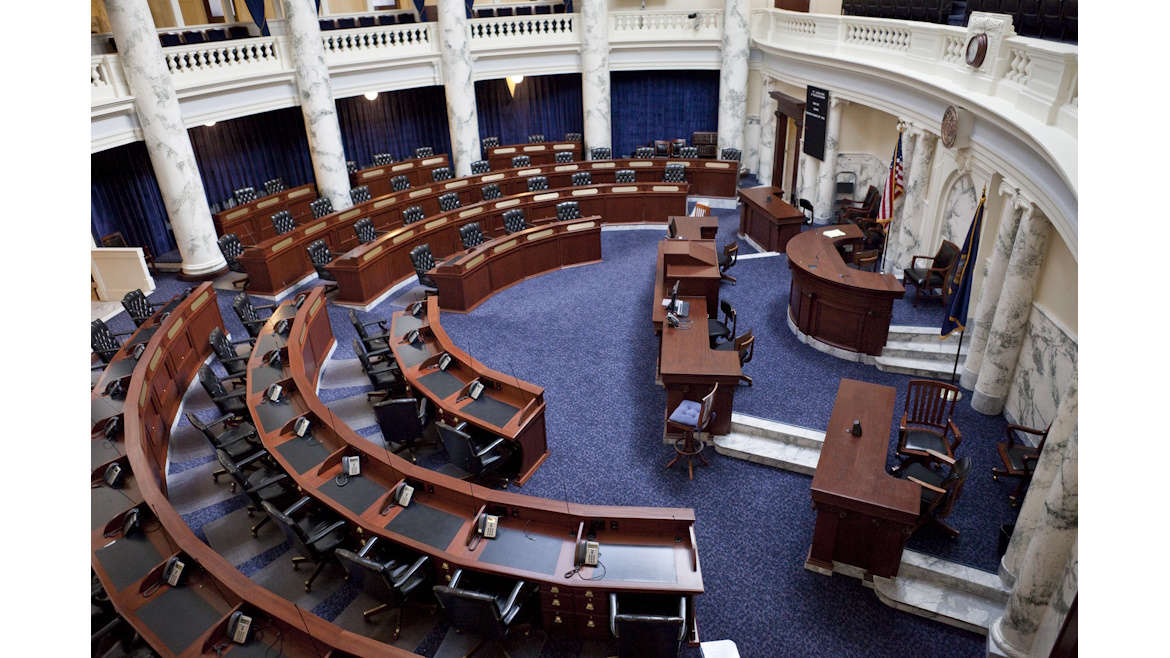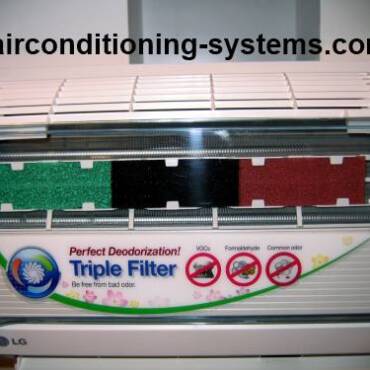A bill to abolish the Occupational Safety and Health Administration (OSHA) has been introduced in the House for the third time. The bill’s sponsor opposes federal efforts to regulate private workplace safety, saying such efforts seek to impose control over states, even when the state has workplace safety and health standards that exceed OSHA’s.
H.R. 86, the Nullify Occupational Safety and Health Administration Act, also known as the NOSHA Act, was introduced into the House on Jan. 3, 2025, by Rep. Andy Biggs (R-Ariz.). The bill seeks to abolish OSHA by repealing the Occupational Safety and Health (OSH) Act of 1970, which President Richard Nixon signed on Dec. 29, 1970, enabling OSHA to become operational on April 28, 1971.
As an agency within the Department of Labor, OSHA is tasked with ensuring the U.S. workforce has safe and healthful working conditions free from unlawful retaliation. OSHA carries out its mission by setting and enforcing standards; enforcing anti-retaliation provisions of the OSH Act and other federal whistleblower laws; providing and supporting training, outreach, education, and assistance; and working collaboratively with state OSHA programs as well as ensuring that they are at least as effective as federal programs.
H.R. 86 was referred to the House Committee on Education and Workforce, and no other action—including the scheduling of a hearing—has yet occurred.
Furthermore, during the two previous Congresses, Biggs introduced bills nearly identical to H.R. 86, but almost no action was taken on those bills.
The first bill—H.R. 5813—was introduced on Nov. 2, 2021, during the 117th Congress. It was referred to the House Committee on Education and Labor, and no further action was taken. H.R. 5813 died in committee when that Congress adjourned.
The second bill—H.R. 69—was introduced on Jan. 9, 2023, during the 118th Congress. It was referred to the House Committee on Education and the Workforce, and no further action was taken. H.R. 69 also died in committee when that Congress adjourned.
Biggs issued a statement on H.R. 86 saying he reintroduced the NOSHA Act because of the Biden administration’s effort to require businesses to compel employees to be vaccinated for COVID-19 during the pandemic. Biggs said the Biden administration “imposed an unconstitutional standard of requiring private businesses to require their employees” to get a vaccination.
President Joseph Biden used OSHA to “impose a vaccine mandate on private employers,” and “the Supreme Court said that’s unconstitutional,” Biggs said.
While Biggs does not identify the Supreme Court cases he cites, on Jan. 13, 2022, the court issued a decision in the cases the National Federation of Independent Business v. Department of Labor (DOL), and Ohio v. DOL. In those cases, the court ruled 6 to 3 to block an OSHA emergency rule requiring businesses with more than 100 employees to conduct COVID-19 vaccination and testing.
“I have constitutional concerns about the federal regulation of private workplaces,” Biggs said. “I think most Americans who read the Constitution also have those similar questions.”
Biggs noted that regulation of private workplace safety has already been granted to 22 states, with Arizona—his home state—among those states. Since 1985, Arizona has been approved to regulate workplace safety standards at the state level, according to Biggs, who added “but Arizona has consistently maintained higher safety standards than the federal government.”
“Yet, when Arizona refused to bend to the unconstitutional COVID-19 vaccine mandate,” Biden’s OSHA retaliated by “threatening to revoke Arizona’s ability to operate under its own state plan,” he said. “It’s not the first time that OSHA threatened Arizona with revocation, and it won’t be the last.”
Biggs said, “Arizona’s not the only state the federal OSHA has meddled in.” Alleged meddling by OSHA includes “states that have higher occupational safety health standards, like Arizona does,” Biggs added. “We (Arizona) are always subject to federal meddling that… in most cases is unconstitutional,” he said.
However, there are groups that oppose H.R. 86, including the National Consumers League (NCL), which has contested the previous NOSHA Act bills. In a written statement, Sally Greenberg, NCL’s CEO, said, H.R. 86 “would be a catastrophic step backward for worker safety in this country.”
Repealing the OSHA Act would eliminate vital federal workplace safety regulations, and “jeopardize the health and safety of millions of American workers but also threaten progress made in reducing workplace hazards,” Greenberg said.
“Without OSHA, many workers will be left vulnerable to unsafe conditions, and it will be the most vulnerable—low-income and minority workers—who will bear the brunt of dangerous rollbacks,” Greenberg said.
Click here to read the bill.
Whether you require installation, repair, or maintenance, our technicians will assist you with top-quality service at any time of the day or night. Take comfort in knowing your indoor air quality is the best it can be with MOE heating & cooling services Ontario's solution for heating, air conditioning, and ventilation that’s cooler than the rest.
Contact us to schedule a visit. Our qualified team of technicians, are always ready to help you and guide you for heating and cooling issues. Weather you want to replace an old furnace or install a brand new air conditioner, we are here to help you. Our main office is at Kitchener but we can service most of Ontario's cities
Source link



